Bagging a Better Future: Embracing Reusable Alternatives to Plastic Grocery Bags
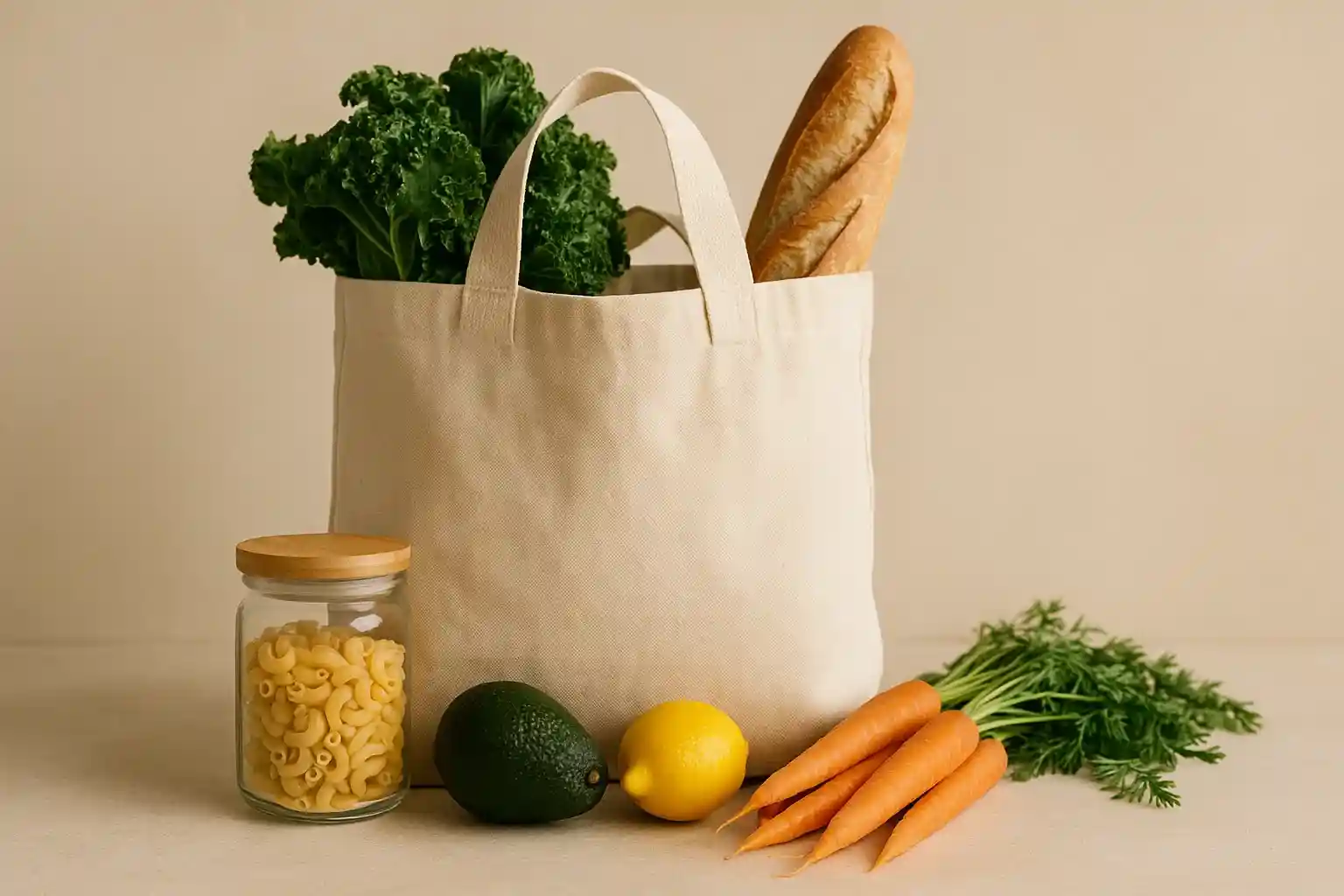
The ubiquitous single-use plastic grocery bag has long been a fixture of our shopping experience, offered at checkout counters worldwide as a seemingly convenient way to transport our purchases home. However, the environmental consequences of our collective reliance on these flimsy carriers are significant and far-reaching. Billions of these bags end up in landfills and pollute our natural environment, posing a severe threat to marine life, contributing to the microplastic crisis, and marring the beauty of our landscapes. Embracing a zero-waste kitchen extends beyond what we bring into our homes to encompass how we bring it in, necessitating a conscious shift away from single-use plastic grocery bags towards more sustainable and reusable alternatives.
The lifecycle of a single-use plastic grocery bag is a stark example of linear consumption. Derived from fossil fuels, their production is energy-intensive, and their fate after a brief period of utility is almost invariably the trash can. Their lightweight nature allows them to be easily carried by wind and water, leading to widespread pollution. Their non-biodegradable composition means they persist in the environment for centuries, breaking down into harmful microplastics. Recognizing this unsustainable pattern, a global movement is advocating for and implementing bans and fees on single-use plastic bags, urging individuals to adopt reusable options.
Fortunately, a variety of durable, practical, and stylish reusable alternatives are readily available, offering a simple yet powerful way to reduce our plastic footprint during grocery shopping. By consciously choosing cotton tote bags, utilizing breathable mesh produce bags, or opting for sturdy jute sacks, we can make a tangible difference in minimizing plastic waste, conserving resources, and contributing to a cleaner, healthier planet. Embracing reusable bags is a fundamental step towards a more mindful and sustainable way of living, transforming a routine task into an act of environmental stewardship.
Carrying Kindness: Exploring Reusable Alternatives for Your Groceries
Moving beyond the convenience of single-use plastic grocery bags opens up a world of more sustainable and durable options for transporting your food:
Cotton Tote Bags: Sturdy, Washable, and Versatile
Cotton tote bags, especially those made from organic or recycled cotton, offer a robust, washable, and versatile alternative to plastic grocery bags. Their sturdy construction allows them to carry significant weight, making them ideal for bulky items and large grocery hauls. Cotton is a natural fiber that is biodegradable, and reusable cotton totes can last for years, replacing countless single-use plastic bags. Brands like Baggu and Flip & Tumble offer a wide variety of stylish and foldable cotton tote bags in various sizes and designs, making it easy to find options that suit your personal style and shopping needs.
Mesh Produce Bags: Breathable and Waste-Reducing for Fruits and Vegetables
Mesh produce bags provide a fantastic way to eliminate the need for single-use plastic bags in the produce aisle. These lightweight and washable bags allow you to carry your fruits and vegetables without contributing to plastic waste. Their breathable design helps to keep produce fresh for longer. Investing in a set of reusable mesh produce bags ensures you always have a sustainable option for your fresh goods.
Jute Sacks: Durable and Earthy for Bulkier Items
Jute sacks, made from the natural fibers of the jute plant, offer a strong, durable, and biodegradable option for carrying bulkier grocery items or larger purchases. Jute is a fast-growing, renewable resource that requires minimal pesticides and fertilizers. Jute bags have a natural, earthy aesthetic and can withstand significant weight, making them a reliable and sustainable choice for heavier loads.
Embracing a Zero-Waste Grocery Trip: Mindful Habits
By consciously choosing cotton tote bags, utilizing mesh produce bags, and opting for sturdy jute sacks over single-use plastic grocery bags, we can significantly reduce the amount of plastic waste associated with our food shopping. These simple swaps represent a powerful step towards a more sustainable and environmentally responsible lifestyle, transforming a routine errand into an act of planetary care.
Related Blogs
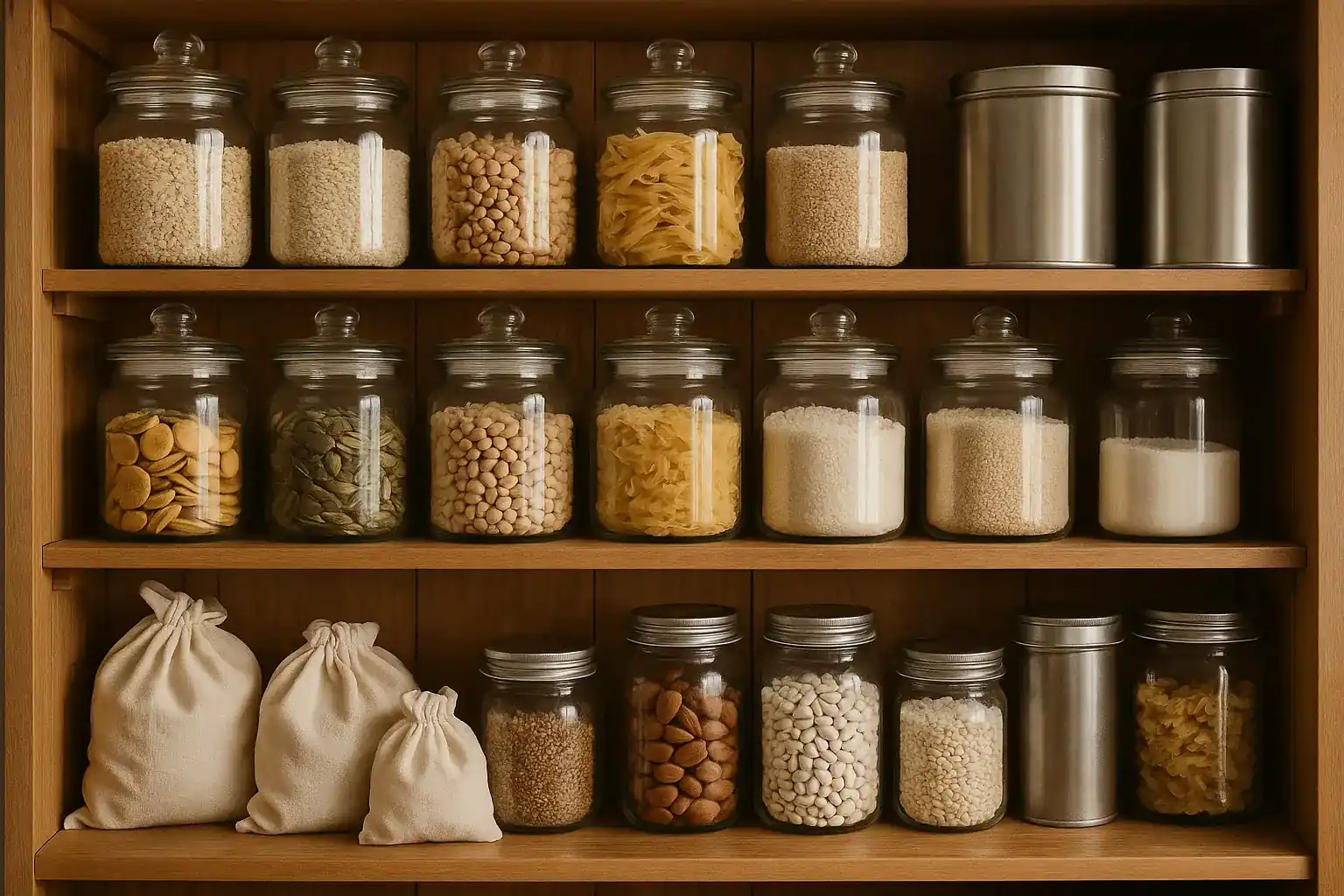
Say Goodbye to Single-Use: 10 Easy Swaps for a Plastic-Free Pantry
Insights on 10 easy swaps for a plastic-free pantry in a sustainable way.
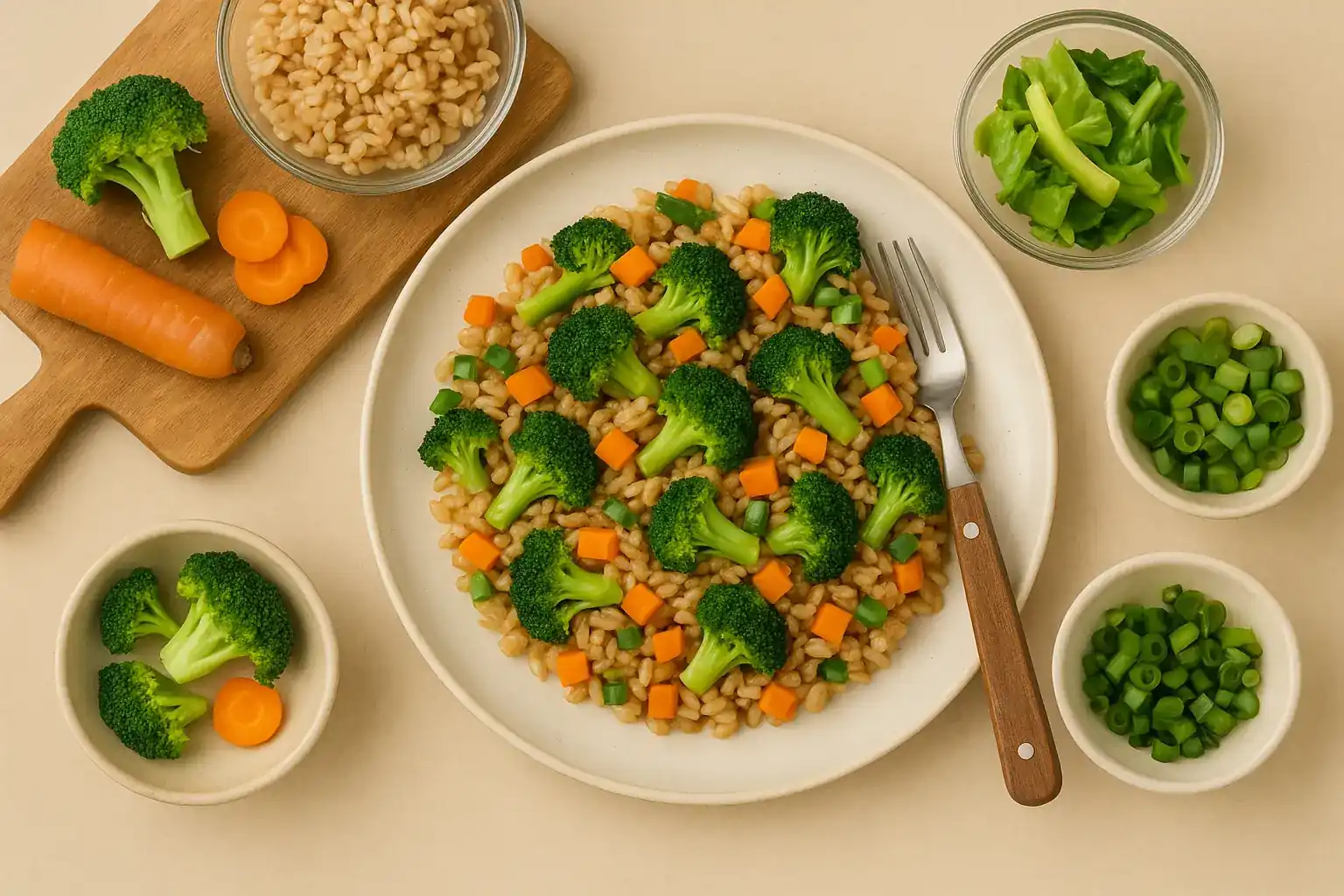
A Week of Delicious Transformations: Zero-Waste Recipes Using Your Leftovers
Insights on a week of zero-waste recipes using leftovers in a sustainable way.

Beyond the Foil: Reusable Alternatives for Sustainable Baking and Food Storage
Opt for reusable silicone baking mats, covered bakeware, and beeswax wraps instead of aluminum foil.

Brew Better, Waste Less: Sustainable Alternatives to Single-Use Coffee Pods
Lower waste and enjoy better flavor with reusable pods, French presses, or Moka pots.
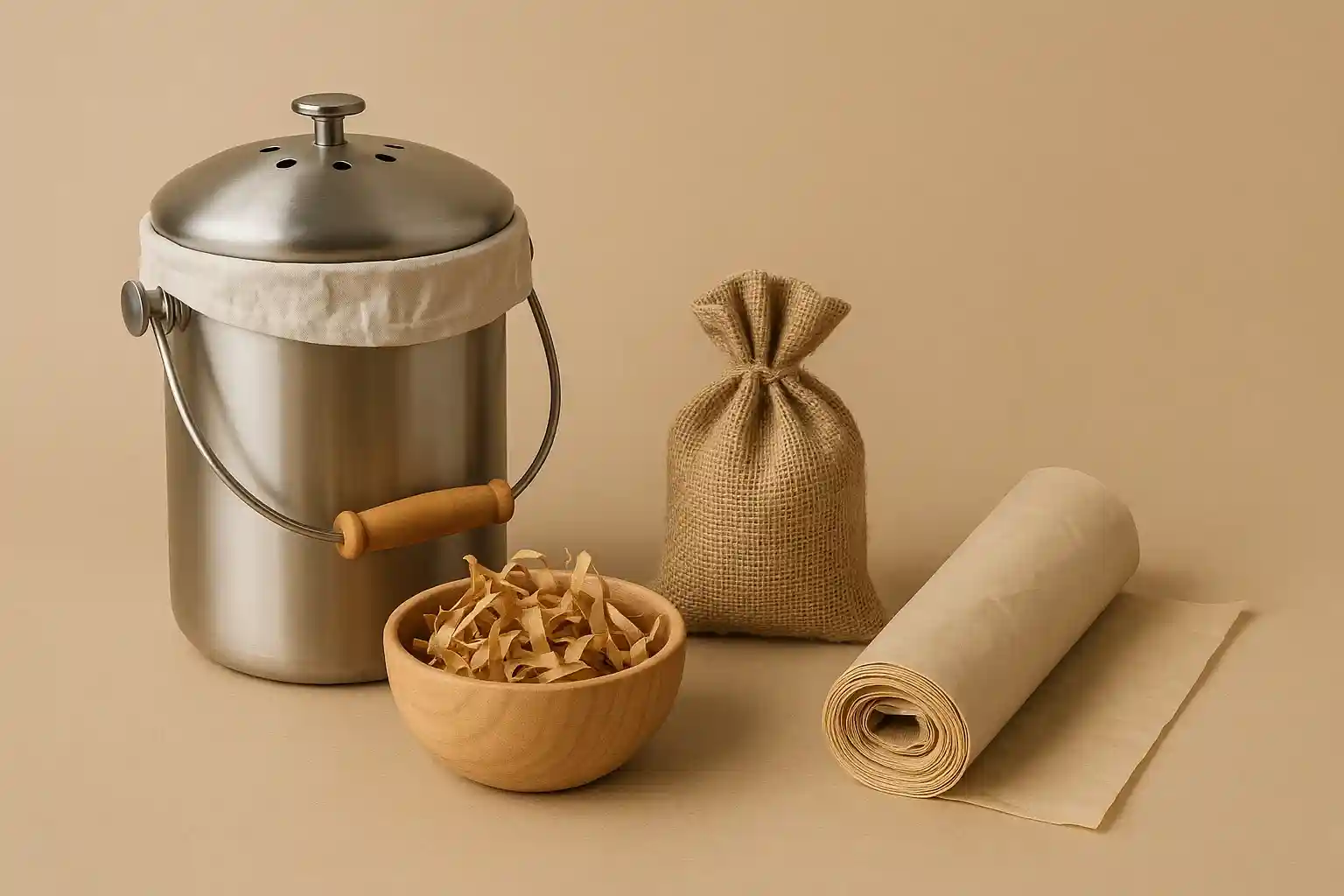
Compost Without the Carry-On: Sustainable Alternatives to Store-Bought Compost Bags
Reduce unnecessary plastic in composting with newspaper liners, bag-free bins, or DIY liners.
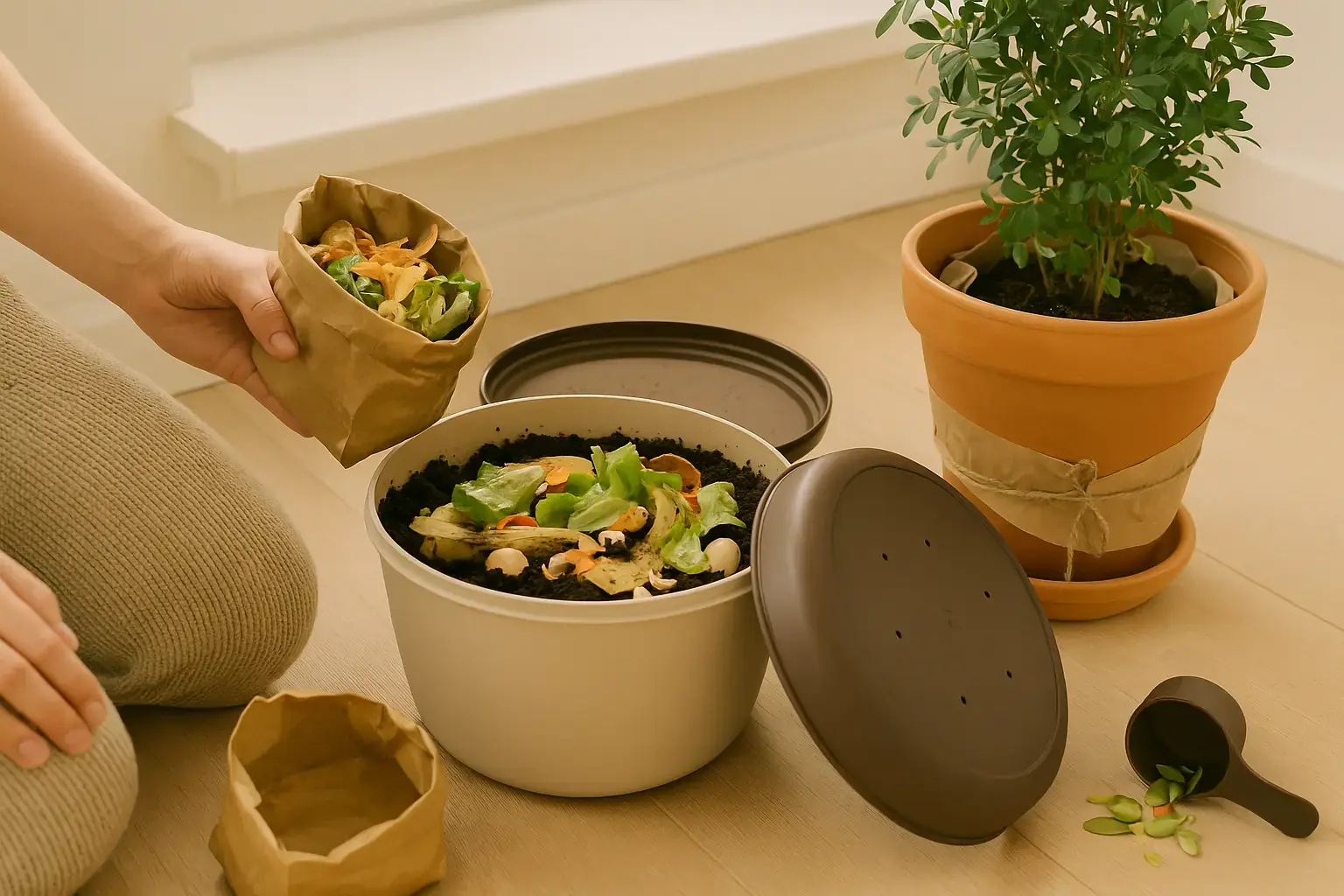
Compost Happens (Even in Apartments!): Your Beginner's Guide
Practical advice and actionable tips for composting 101.
Stay in the Loop
Get tips and insights tailored to your interests — no spam, just sustainability.